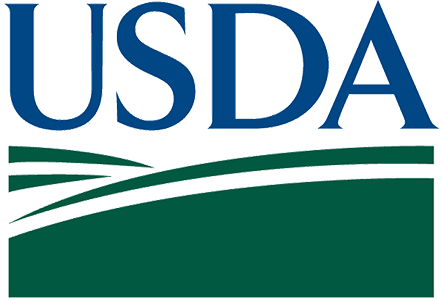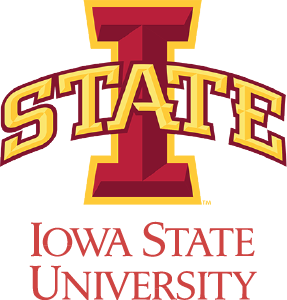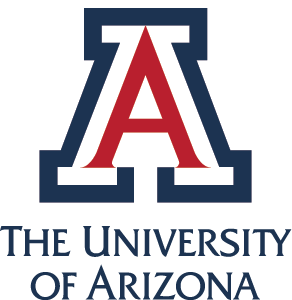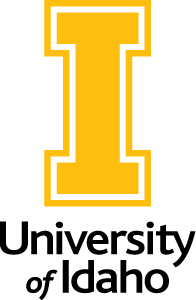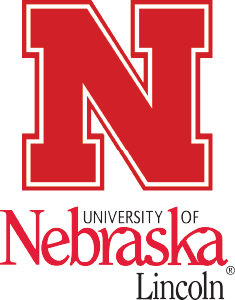Second Round of Grants Awarded in Agriculture Genome-to-Phenome Research
Ames, IA – The Agricultural Genome to Phenome Initiative has awarded 11 grants to institutions across the country for projects that help advance multidisciplinary crop and livestock genetics research.
The AG2PI project's second round of grants awarded will broaden the interactions
between crop and livestock science, which is a major goal of our initiative. Finding
synergistic relationships between plant and animal scientists will improve the pace and
methodologies for both research communities,
said
Patrick Schnable,
AG2PI lead scientist and distinguished professor at
Iowa State University. I also want to
acknowledge the chair of the seed grant committee
Jennifer Clarke,
at the University of Nebraska,
and the rest of her committee for their success in establishing this grant program.
The Agricultural Genome to Phenome Initiative is a three-year project funded by the U.S. Department of Agriculture's National Institute of Food and Agriculture. The goal of AG2PI is to connect crop and livestock scientists to each other and to those working in data science, statistics, engineering and social sciences to identify shared problems and collaborate on solutions.
This is the second of three rounds of AG2PI seed grants planned for the project. These seed grants help to address genome-to-phenome challenges, develop solutions for research needs and identify gaps that could be addressed by sharing solutions across kingdoms.
One of the new grants in this round will support a project led by Iowa State University,
Harnessing Ag Genomics Data to Link Genotype to Phenotype.
The lead project
investigator is James Koltes, assistant professor in the Department of Animal Science,
working at Iowa State with
Chris Tuggle,
professor of animal science; Peter Harrison, genome analysis team leader at the European
Bioinformatics Institute; and graduate student Alenka Hafner,
Pennsylvania State University.
The Iowa State project aims to encourage communication between the plant and animal research communities to solve data sharing and re-use issues. It will begin with a workshop for functional genomic data experts of both plants and animals. The workshop goals are to identify and prioritize shared needs for data re-use tools that link genotype to phenotype, tools that can integrate different datatypes, and to glean new insights in functional genomics.
The grant awards in this round span three levels:
- Emerging grants, which broaden interactions and synergies across communities and organization types
- Enabling grants, which enlarge the scope of or further develop an existing project
- Establishing grants, which provide support towards sustainable AG2P research and engagement.
Awards range from $20,000-$75,000, depending on the grant level. Projects will run from six to 15 months.
Other projects and teams receiving AG2PI Round 2 seed grants include:
-
Emerging Grants, funding up to $20,000:
- Democratizing the Access to Artificial Intelligence Solutions for Underrepresented and Non-expert Communities: Joao Dorea and Tiago Bresolin, University of Wisconsin
- Developing a Cost-effective Method of Collecting Informative, Population-level Molecular Phenotypes in Cattle: Troy Rowan, Jon Beever, Kurt Lamour, and Liesel Schneider, University of Tennessee
- Developing a New Machine Learning Tool for Improved Genomic Selection in Non-Model Systems: James Polashock and Joseph Kawash, USDA Agricultural Research Service; Abdollah Dehzangi, Rutgers University
- Sharing Unoccupied Aerial System Based High-throughput Plant Phenotyping Data via Public Cloud: Jinha Jung, Purdue University; Zhou Zhang, University of Wisconsin-Madison; Alison Derbenwick, Oracle for Research
- GPS Collars for Managing Extensive Production Systems: Andrew Hess, Scott Huber, and Robert Washington-Allen, University of Nevada-Reno; Mike Cox, Nevada Department of Wildlife
- Cross-species Genomic Analysis of Photosystem II: Building Connections from Molecular Structure to Phenotype: Carmela Rosaria Guadagno, University of Wyoming; Marilyn Gunner, City College of New York
- Community Engagement to Improve Standards and Integration for Genotype, Phenotype and Environmental Data for Model and Non-model Plants: Irene Cobo-Simon and Jill Wegrzyn, University of Connecticut; Margaret Staton, University of Tennessee
-
Enabling Grants, funding up to $50,000:
- Creation of a Database Designed to Promote Dairy Cow Welfare using Non-invasive Phenotypic Indicators of Heat Stress: Courtney Daigle and Scott Crawford, Texas A&M University; Brenda Murdoch, University of Idaho; Barbara Jones, Tarleton State University
- Event-based Plant Phenotyping using Deep Learning: Algorithms, Tools and Datasets: Sruti Das Choudhury, Ashok Samal, Srinidhi Bashyam and Yufeng Ge, University of Nebraska-Lincoln
-
Establishing Grants, funding up to $75,000:
- Impact of Breed Type on Beef Production and Sustainability: Kara Thornton and Sulaiman Matarneh, Utah State University; Brenda Murdoch, University of Idaho; Gordon Murdoch, Washington State University.
The third and final round of AG2PI seed grants will be awarded in the Spring 2022. Information for submitting a proposal for Round 3 is on the AG2PI website; the deadline for submission is March 8. For more information on this and other grant opportunities, visit the webpage: https://www.ag2pi.org/seed-grants/.
The AG2PI is funded by the U.S. Department of Agriculture's National Institute of Food and Agriculture. The goal of AG2PI is to build communities that address the challenges of genome-to-phenome research across crops and livestock. The AG2PI partners include Iowa State University, University of Nebraska, University of Arizona, University of Idaho and the Iowa Corn Promotion Board.
Contacts:
- Patrick Schnable, lead project investigator, schnable@iastate.edu
- Jennifer Clarke, seed grant committee chair, jclarke3@unl.edu
- Carol Brown, communications coordinator, cbrown1@iastate.edu
